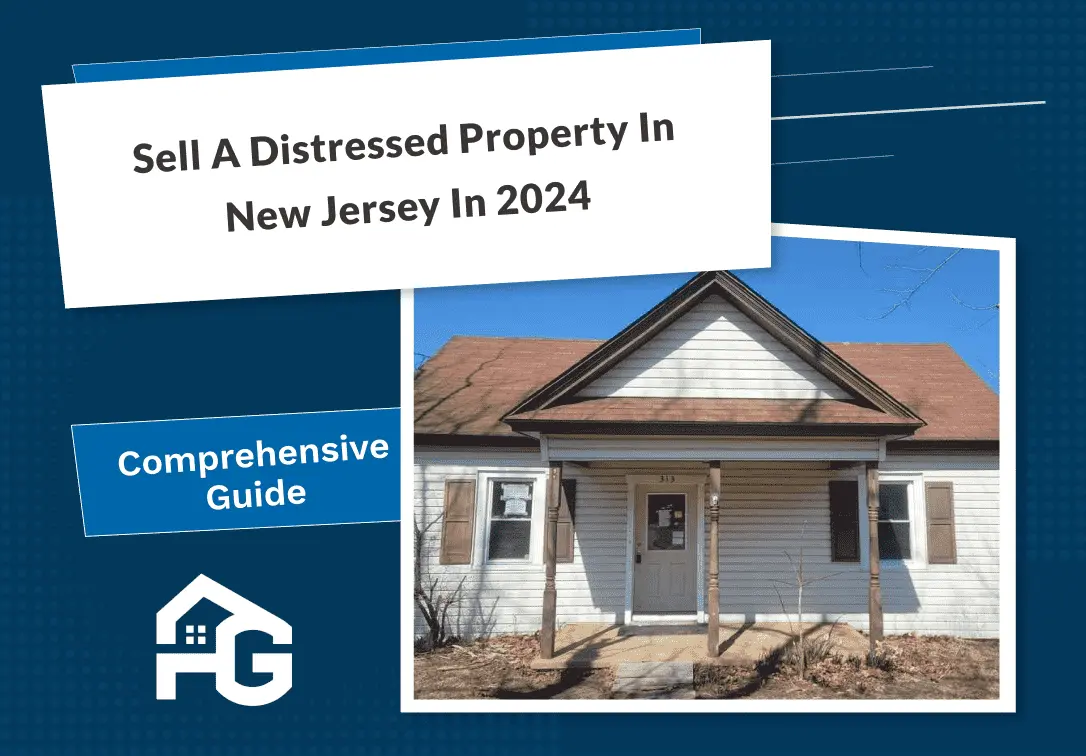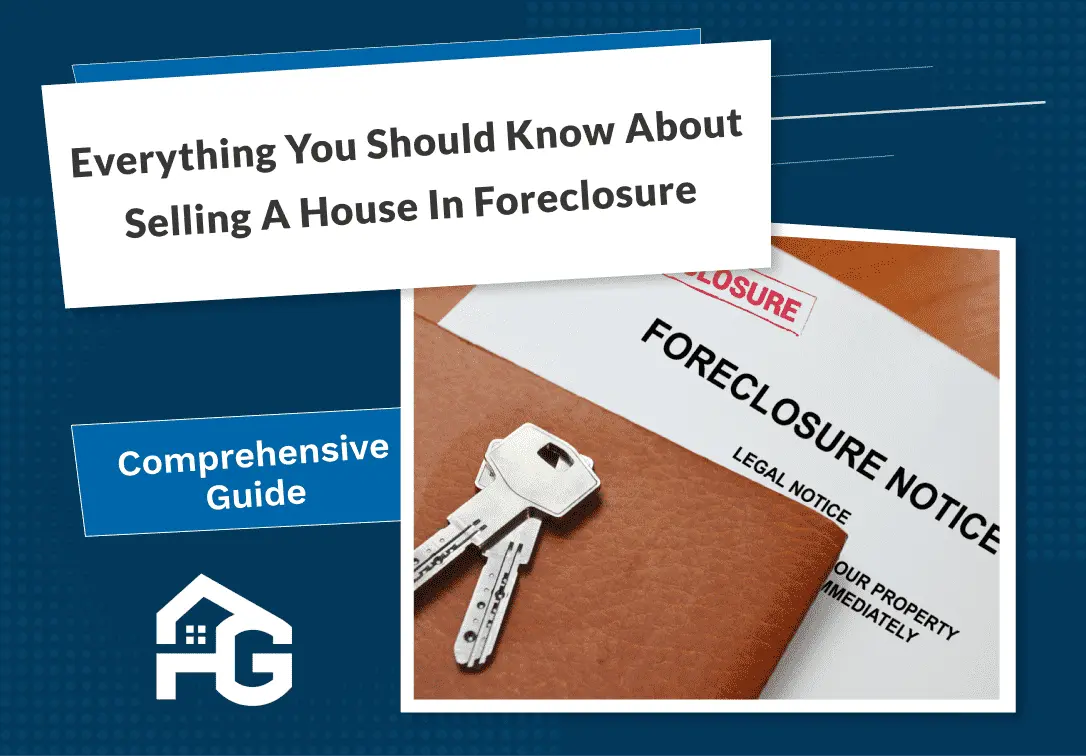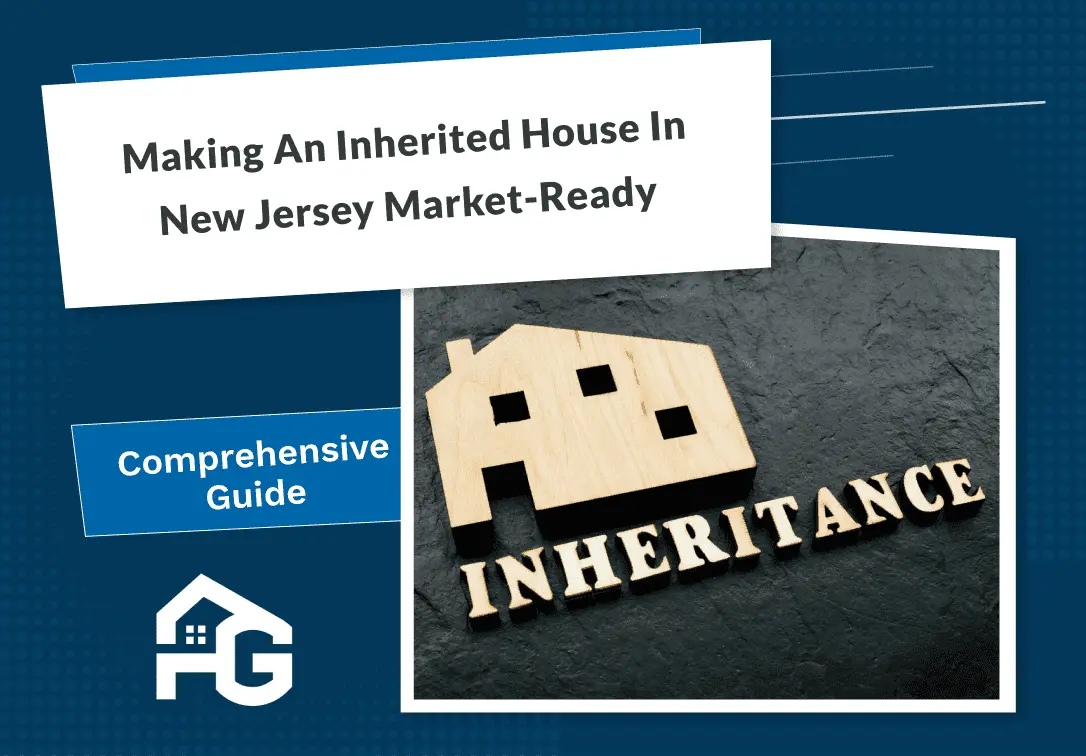
Capital gains tax is a challenging task each high-net-worth individual must be aware of. If they want to improve their investment strategy, they should lower their tax liability if you are a New Jersey resident! Knowing how capital gains tax works is essential, as it will benefit you. Be it selling stocks or real estate, knowing how this applies to taxes allows you to make better choices for your overall financial lifestyle. Especially since tax rates on most net capital gains are capped at 15% for most taxpayers, long-term capital gains are taxed at lower rates than short-term gains.
The following discussions are going to break down the basics of capital gains taxes in New Jersey, how they compare with federal taxes, and provide tips on where to boost what you owe.
What is Capital Gains Tax?
Capital gains tax is simply a source of income tax that you pay on your profit from sales of an asset. These assets can be obtained by selling your house for cash, stocks, or other property of significant value. The type of property, for how long you have owned it, and your total income will determine the amount of tax you need to pay. According to the IRS, most net capital gain is not more than 15% for many persons.
Capital Gains Tax vs. Ordinary Income Tax
Ordinary income tax is imposed only on incomes earned through employment, royalty, interest, and self-employment. Differently, according to the US income tax, the tax rate of any individual increases with increasing income.
On the other hand, Capital gains tax is collected on the gain acquired on the sale of stocks, real estate, or bonds (sale of a capital asset). The justification of capital gains tax aims to encourage long-term investments by imposing lower tax rates on long-term gains.
Types of Capital Gains Tax
There are two types of capital gains tax for every individual:
- Short-term Capital Gains: This involves assets held for less than one year. Short-term capital gains tax is at the same tax rate as your ordinary income.
- Long-term capital gains: At the federal level, long-term capital gains are often taxed at a lower rate than short-term gains. In New Jersey, all capital gains taxes are considered ordinary income, regardless of how long you have held the asset.
Two-thirds of capital gains subject to tax appear to arise from corporate stock. That is, this illustrates the prominent role that investment in the stock market assumes when generating taxable capital gains.
For example, capital gains taxes constituted more than 14% of total personal federal tax receipts during fiscal years 2021 and 2022. Such a sizable proportion of federal revenue made it more important for high-net-worth people to be aware of the New Jersey rules and regulations of capital gain tax.
Capital Gains Tax in New Jersey
All capital gains are taxed at your regular income tax rate in New Jersey. Unlike the federal government, the state does not divide it between short-term and long-term gains.
New Jersey Tax Rates for 2024
| Amount | Rates |
| $0 – $20,000 | 1.4% |
| $20,001 – $35,000 | 1.75% |
| $35,001 – $40,000 | 3.50% |
| $40,001 – $75,000 | 5.525% |
| $75,001 – $500,000 | 6.37% |
| $500,001 to $1 million | 8.97% |
| over $1 million | 10.75% |
Federal vs. New Jersey Capital Gains Tax
The federal government differentiates between short-term and long-term gains. Short-term gains are taxed like ordinary income, while long-term gains are taxed at either 0%, 15%, or 20% based on your income level.
However, New Jersey taxes all your capital gains at the same rate as your regular income, no matter how long you have held the asset. Therefore, even when you are taxed at a lower rate federally, your capital gains tax will be calculated based on the New Jersey tax brackets included above.
Real Estate and Capital Gains in New Jersey
You are selling a house ‘as is’ in New Jersey and wonder how capital gains apply. You may qualify for a tax break if the house was your main home. According to the IRS, you can exclude up to $250,000 in gain from the sale of your home. You must have lived in the house for two years out of the last five to qualify for this exclusion. Married couples can exclude as much as $500,000. That is called the exclusion for primary residences.
But if you do not qualify under this exemption, or you are selling a house fast for cash, you will be charged New Jersey’s capital gains tax. Fortunately, you can minimize your tax gain by subtracting your cost basis – what you paid for the property – and any improvements made or repairs.
How to Minimize Capital Gains Tax in New Jersey?
To minimize your capital gains tax burden in New Jersey, we share some useful tips with you in the section below.
Here are some smart tips:
- Hold Investments: In New Jersey, there is no long-term capital gains tax exemption. However, holding investments for over one year offers you an excellent tax advantage at the federal level.
- Tax-Loss Harvesting: A tax-loss harvesting method helps you to cash in on losses by selling your securities that have declined in value. You can employ this use of losses to decrease your taxable gains.
- Retirement Accounts: You can contribute to a tax-deferred retirement account, such as a 401(k) or an IRA, and can contribute to lowering your taxable income to save on capital gains tax.
- Donation: You can donate appreciated assets. For example, stocks to charity. You can avoid tax on the appreciated value/assets. This allows you to save on capital gains tax while earning a charitable deduction.
- Installments: You can put your assets into an installment sale if you are selling something of real value, such as a business or a piece of property. This allows you to apportion the capital gain realization over several years, thereby absorbing a smaller total tax bite.
House Taxes in New Jersey
Another tax on property owners is the property tax because it can be levied on any form of real estate. In New Jersey, property tax has been ranked as one of the highest in the country. In addition, such taxes entail a great deal of financial decision-making over the question of whether to buy or sell a house for cash.
When you sell your home by owner, the capital gains tax will apply and be paid, whether it is your primary residence or not. New Jersey will tax these gains at the same rate as your income.
How to Avoid Common Tax Mistakes?
- Not Recording: You need to record minute details regarding the cost of purchasing your assets, improvement of assets, and selling costs. All these will help you calculate your cost basis, which is critical in computing your capital gain.
- State Tax Ignored: Remember that New Jersey has a capital gains tax. You may have little federal tax to pay, but you might be left with many more taxes to pay from the state.
- Selling Too Early: If you sell assets too early, you will not be benefiting from lower federal long-term capital gains rates. Holding on to assets for over a year can save you on federal taxes.
Looking for Assistance from Professionals? Choose Homes General!
Are you selling your home or an investment property in New Jersey? Homes General understands the web of real estate transactions and capital gains tax even better. Their experienced agents will help you develop a unique strategy that will decrease taxes and maximize your profit. Moreover, if you are dealing with primary residence exclusions or an investment property sale and would like guidance on how to navigate such a situation, visit Homes General today for professional advice on your real estate needs!
Conclusion
Complete knowledge of capital gains tax in New Jersey is essential for people who sell a house in its existing conditions, stocks, or even other investments. Under federal law, short-term and long-term gains have different rates, but in New Jersey, these taxes are considered ordinary income tax.
Things get better here, and you can reduce the amount owed by planning and using strategies like tax-loss harvesting, charitable donations, and installment sales. Homes General is a one-stop service provider where you can gain excellent results when selling your property or making an investment. Further, the experts guide you to keep your burden of taxation minimum and return maximum.
Frequently Asked Questions
Is there a way out of paying this capital gains tax upon the sale of my house?
Yes, if your house has been your principal residence for at least two years during the last five years, you can exclude up to $250,000 (or $500,000 if married) from capital gains tax.
Does New Jersey make a distinction between short-term and long-term capital gains?
No. In New Jersey, both short-term and long-term capital gains taxes are considered ordinary income.
What is the capital gains tax rate in New Jersey?
In New Jersey, capital gains tax is treated as ordinary income. The rate varies from 1.4% to 10.75% depending upon the total revenue amount.














